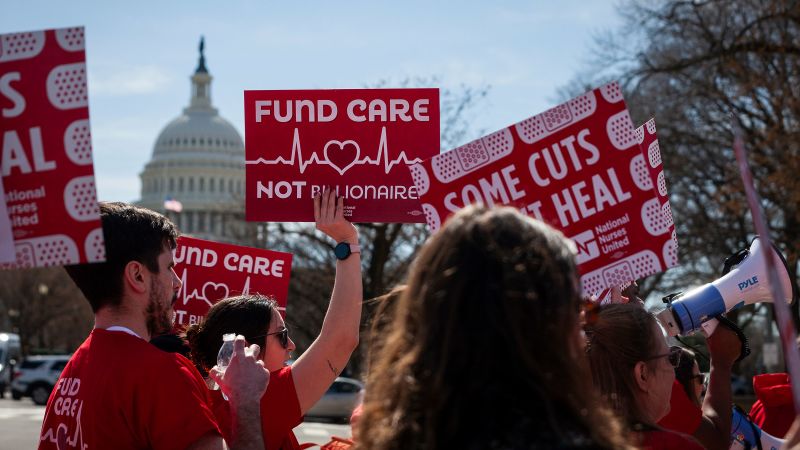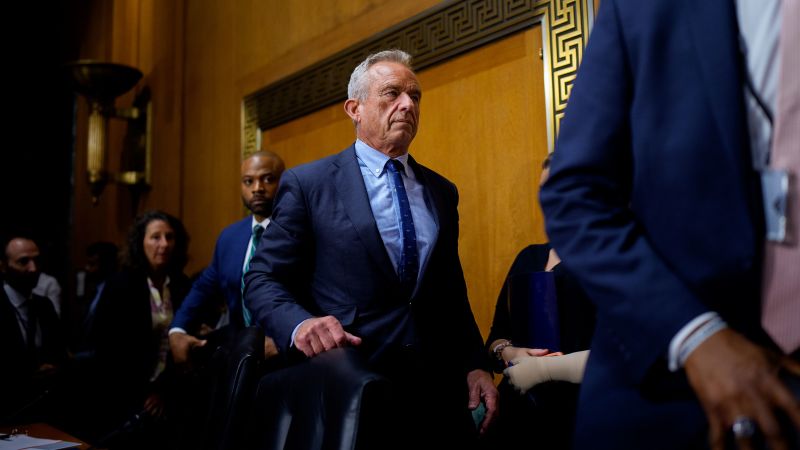
Trump Administration's Novel Approach to Drug Pricing Strategy
Business | 9/12/2025
President Donald Trump’s strategy to address high drug prices in the United States involves a novel approach — encouraging drug manufacturers to lower prices domestically by potentially raising prices in other countries. Commerce Secretary Howard Lutnick revealed this plan on Friday, suggesting that this tactic aims to prevent a significant impact on the companies’ profits. The proposal marks a departure from conventional methods of addressing drug pricing issues.
Lutnick’s statement underscores the administration’s commitment to tackling the issue of exorbitant drug prices within the US. By proposing a strategy that could involve raising prices in other nations, the Trump administration seeks to balance the financial implications for drug manufacturers while striving to make medications more affordable for American consumers. This approach introduces a complex dynamic to the global pharmaceutical market, potentially influencing pricing strategies worldwide.
The concept of leveraging international drug prices to regulate domestic drug costs is a bold and unorthodox move in the realm of pharmaceutical pricing policies. While the specifics of how this strategy would be implemented remain unclear, the overarching goal is to create a more sustainable pricing model that benefits both American consumers and drug companies. This initiative could spark discussions on the interconnected nature of pricing strategies in the pharmaceutical industry.
Experts in the pharmaceutical and economic sectors are likely to closely monitor the potential ramifications of Trump’s plan to address drug prices. The proposal’s success hinges on its ability to navigate the intricate web of international trade agreements, market dynamics, and regulatory frameworks that govern drug pricing globally. As this strategy unfolds, stakeholders will be keen to assess its impact on drug affordability, market competition, and the broader implications for the healthcare landscape.
The administration’s unconventional approach to drug pricing reform signals a departure from traditional methods and could herald a new chapter in the ongoing debate over pharmaceutical affordability. The intricacies and potential consequences of this strategy will undoubtedly be subject to scrutiny and analysis as it progresses, shaping the future trajectory of drug pricing policies both in the US and on the global stage.


